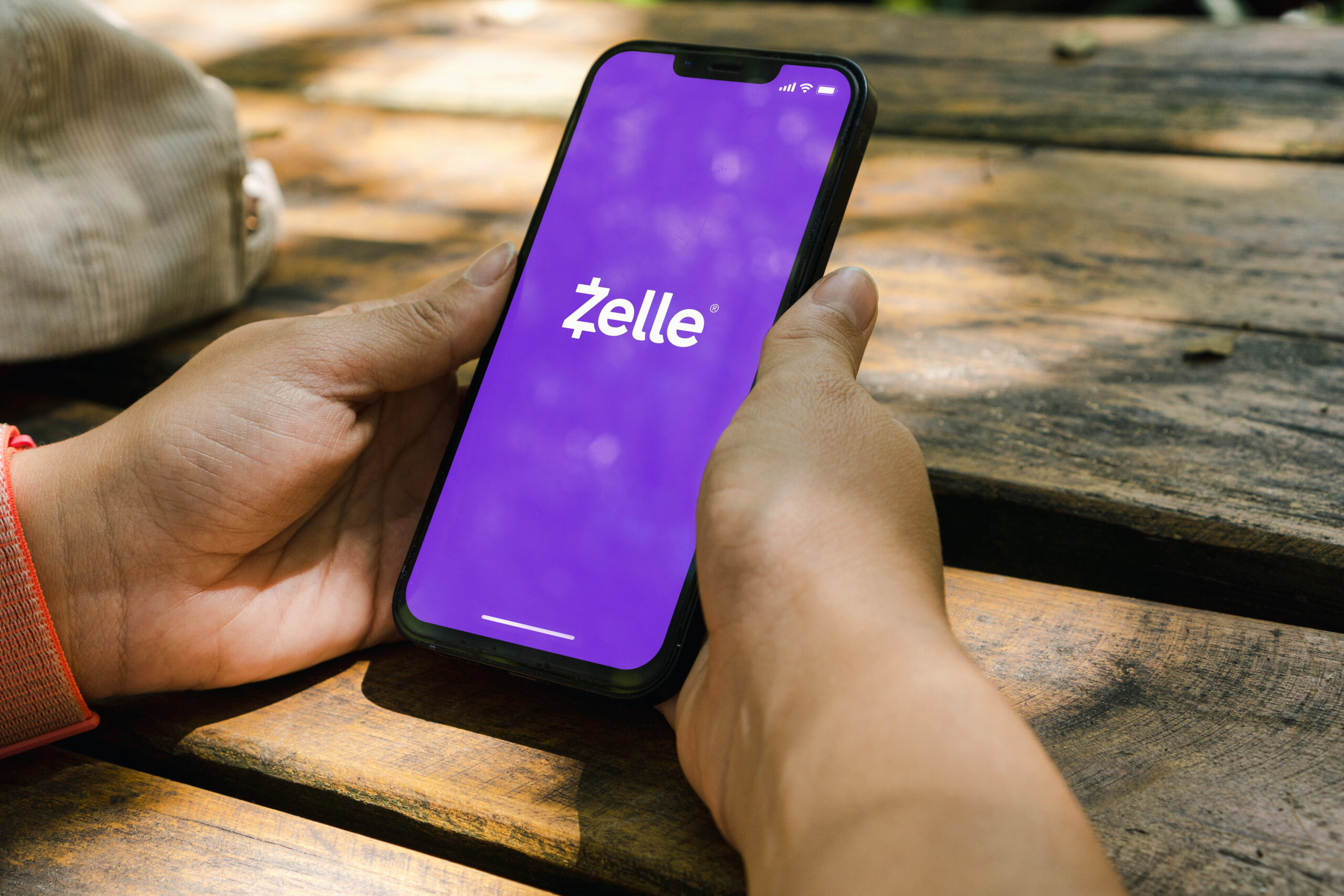In an era where cryptocurrency exchanges are increasingly under the microscope, Binance, a leading name in the digital asset space, has taken decisive steps to fortify its token-listing process. This move comes in response to heightened scrutiny from both the community and regulators, aiming to ensure a transparent and fair trading environment.
Key Highlights:
- Binance co-founder Hi Ye announces a series of measures to combat insider trading, following a significant drop in the RONIN token’s value prior to its listing.
- The exchange introduces a bounty program offering rewards ranging from $10,000 to $5 million for information leading to the identification of corrupt employees or security vulnerabilities.
- Enhanced scrutiny and background checks on listing team members, alongside a policy to terminate employees found leaking sensitive information.
- A commitment to cancel listings that have been compromised by leaks, thereby maintaining market integrity.
- An investigation into the Ronin listing incident suggests that the premature price movement was due to public blockchain data analysis rather than insider information.
Strengthening Listing Protocols
In the wake of the Ronin token incident, where a significant price drop occurred before its official listing on Binance, the platform’s co-founder, Hi Ye, has unveiled a comprehensive strategy to prevent future occurrences of insider trading. Binance’s initiative focuses on tightening the management of new token listings, ensuring that only essential staff are privy to listing details. The platform has also introduced a stern policy against leaks, with those found responsible facing immediate termination.
Encouraging Whistleblowers
A notable aspect of Binance’s new approach is the introduction of a substantial bounty program. This program incentivizes the community and employees to report any unethical practices within the organization, with rewards ranging significantly based on the severity and impact of the information provided. This move not only aims to root out corruption within the exchange but also serves as a deterrent against potential malpractices.
The Bounty Program: A Novel Approach
The introduction of a bounty program by Binance is particularly noteworthy. Offering financial rewards for information on corrupt practices within the organization represents a novel approach in the crypto industry. This initiative could potentially serve as a model for other platforms looking to bolster their internal oversight mechanisms. The range of rewards, stretching from $10,000 to $5 million, reflects the seriousness with which Binance is addressing the issue of insider trading and information leaks.
Regulatory Context and Industry Standards
The backdrop to these initiatives is a regulatory environment that is becoming increasingly attentive to the operations of cryptocurrency exchanges. The investigations by the US CFTC into allegations of insider trading at Binance highlight the scrutiny under which the industry operates. By proactively addressing these concerns, Binance is not only responding to regulatory pressures but also working to set a standard for operational integrity within the industry.
These measures follow previous allegations of insider trading at Binance, which were scrutinized by the US Commodity Futures Trading Commission (CFTC) in 2021. The CFTC’s investigation into the platform and its staff highlighted concerns over the illegal use of insider information for profit. Binance, however, has consistently denied these allegations, affirming its commitment to transparency and fairness in its operations.
Market Implications and Future Outlook
The implications of Binance’s reinforced token-listing process are significant, offering a glimpse into the evolving landscape of cryptocurrency trading and regulation. By prioritizing the integrity of its listing process and taking a firm stance against corruption, Binance not only aims to protect its users but also to set a standard for the industry. As the platform continues to refine its procedures and collaborate with regulators, it underscores the importance of accountability and trust in the digital asset market.










